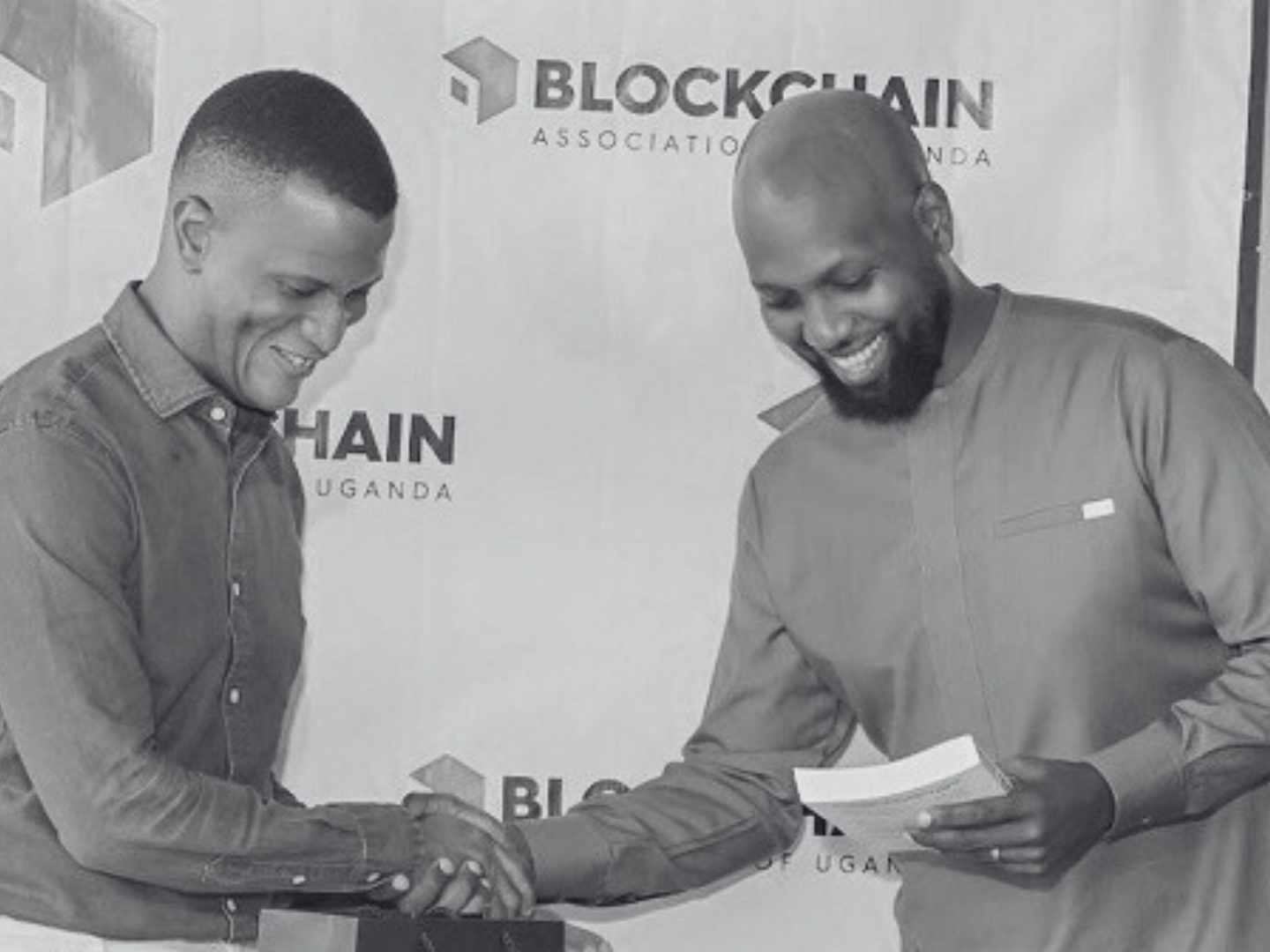
Beyond the Blueprint: 3D Technology as a Catalyst for East African Enterprises
East Africa’s technology ecosystem continues to flourish, with cities like Nairobi, Dar es Salaam, Kigali, and Kampala emerging as dynamic regional innovation hubs. As the continent embraces digital transformation, 3D technology is becoming a global disruptor, offering solutions that merge physical and digital design processes.

Remote Work Infrastructure: The Foundation for East Africa's Digital Economy Revolution
East Africa is at a pivotal moment in its digital transformation journey. While the COVID-19 pandemic accelerated global adoption of remote work, the region’s potential to fully participate in this shift remains constrained by persistent infrastructure gaps. If not bridged, East Africa risks exclusion from the expanding global remote work economy.

Blocks of Progress: Blockchain’s Quiet Revolution in East Africa
Often wrongly perceived as a cryptocurrency gimmick, blockchain’s decentralised, tamper-proof architecture is quietly transforming East Africa’s agriculture, healthcare, governance, and finance systems. Slowly but surely, blockchain has the potential to be a cornerstone of the region’s development.

Digital Public Infrastructure in East Africa: Charting a Policy Pathway to Regional Transformation
East Africa is experiencing a major wave of digital transformation. This shift is driven by the need for stronger infrastructure, better public service delivery, and deeper cross-border integration. At the heart of this progress is Digital Public Infrastructure (DPI).

TeleHealth Adoption in East Africa: A Comparative Analysis of Digital Healthcare Solutions, Opportunities and Challenges Across East African Jurisdictions
Telehealth has the potential to revolutionise East Africa’s healthcare landscape, with critical gaps in access being bridged and quality of care improved. With the rising cost of illness, rapid population growth, and stark rural-urban healthcare disparities, digital health solutions offer scalable and cost-effective means to improve patient outcomes.

Wired and Wireless: The Fibre Optic and Satellite Infrastructure Powering East Africa’s Digital Leap
Despite being home to some of the fastest-growing economies in the world, East Africa’s internet penetration rate remains below 40%, lagging significantly behind the global average of 66.2%. Approximately 70% of East Africa’s population lives in rural areas, where traditional connectivity infrastructure is often inaccessible or unreliable.

Caught in the Web: Using Machine Learning to Combat Scam SMS Messages
Aisha was mindlessly scrolling through her phone when an SMS pinged. The message announced a job vacancy at a well-known company, offering an attractive yet believable salary. It ended with, ‘Click this link to find out more.’

Hackers, Heists and High Stakes: Safeguarding East Africa’s Financial Future
In the span of a weeks in 2024, East Africa’s financial sector was struck by a series of incidents, exposing critical vulnerabilities. In Uganda, a billion Ugandan shillings (UGX) were stolen by G4S guards from a bullion van enroute to Kampala. At the Bank of Uganda, hackers siphoned UGX 60 billion in merely 60 seconds - a sobering reminder of the high stakes in digital finance.

Securing East Africa’s Supply Chain Sovereignty: Navigating Global Shifts & Leveraging Critical Minerals for Regional Strength and Global Competitiveness
With increasing global tension, the concept of supply chain sovereignty comes into question. It represents the aspiration of nations to have greater control over key components within their supply chains to mitigate risks associated with foreign dependence.


















